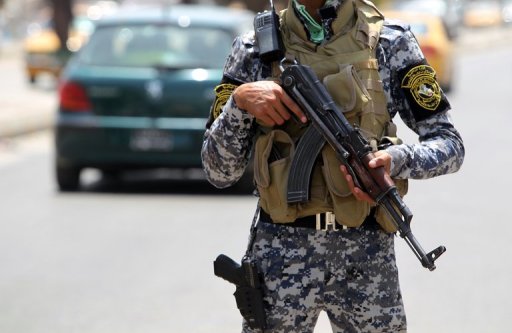CAIRO: An Egyptian activist who became a symbol of resistance to the army’s trials of civilians said on Saturday he would not be silenced and denounced the army for detaining and mistreating "prisoners of conscience".
Maikel Nabil has been jailed twice since President Hosni Mubarak was toppled from power last February on charges of defaming the army, but was pardoned by the head of the ruling army council earlier this month along with almost 2,000 others.
In his first public appearance since his release from military jail, the 25-year-old said the army had tortured him in prison but he remained defiant.
"We cannot be silent about any violation against us," said Nabil, who staged a hunger strike during his imprisonment.
Nabil, a Coptic Christian by birth, was jailed after using his blog (www.maikelnabil.com) to accuse the army of attempting to quell the uprising against Mubarak. At the time, most Egyptians saw the army as a neutral force, admired for their role in defending the nation, in contrast to the hated police.
But many Egyptians have since been horrified by images of soldiers dragging, beating and firing tear gas at protesters who were demanding a swift end to military rule.
Nabil said that during his detention he was given drugs that blurred his mind and was also kept in a psychiatric hospital for some of the time, despite being mentally sound.
"This was a tactic to affect my psychological state, to create a kind of hysteria and panic," Nabil told a news conference in Cairo. "It is unthinkable that such tactics are used in 2011."
He said he was confined for some of the time in a cell one meter by one meter in which a lamp continually flickered.
Army sources could not be immediately reached to respond to Nabil’s comments.
The rights group ‘No To Military Trials’ estimates 12,000 people have been referred to military courts since Mubarak’s fall, many more than in the whole of Mubarak’s 30-year rule when security courts were the favored venue for emergency trials.
When he appeared before a military court, Nabil said he was barred from calling witnesses. He said he had received messages of support from junior army officers who opposed the army’s crackdown on dissent, but did not give details.
Nabil described seeing two prisoners being stripped naked and beaten. "It was the first torture incident I witnessed with my own eyes," he said.
It was not possible to independently confirm his account.
Generals who have ruled Egypt since Mubarak’s fall have pledged to hand over to civilian rule by July. They routinely deny charges of abuses or of trying anyone because of their opinions.
International rights groups have accused the army of using heavy-handed tactics, reminiscent of techniques use during Mubarak’s era, to stifle dissent.


